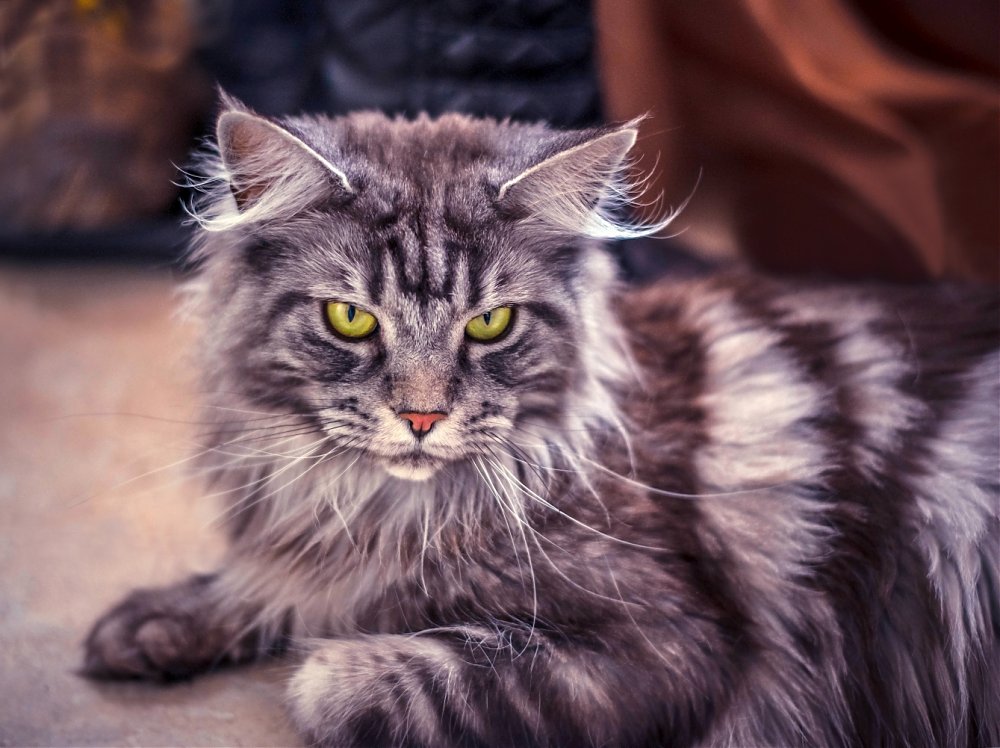
Prevention with geriatric cats
In the case of older cats, regular preventive examination is recommended
In the case of older cats, regular preventive examination is recommended. It can
catch up with serious illnesses in time and with proper treatment prolong the life of the patient !
The examination includes a detailed medical anamnesis and a thorough clinical examination of the patient.
This may reveal progressively aggravating eye problems, ear inflammation, gingivitis,
enlargement of lymph nodes, thyroid gland. Quality control of the skin and fur will reveal the skin tumors, allergies, parasites, infections and endocrine diseases. It is extremely important auscultation of the heart and lungs, when detailed murmur detection is recommended cardiological examination. Abdomen palpation reveals enlargement of some organs. Last but not least, the patient's weight and nutritional status should be monitored over the long term.
The next important step is blood testing. Hematology reveals anemia (acute,
chronic or tumor-related), white count and differential blood cells turn inflammation or infection in the body, platelet parameters are a guide to diagnosis of blood clotting disorders. The biochemical panel in older animals would be in addition to commonly measured parameters such as glucose, urea, creatinine, phosphorus, calcium, total protein, albumins, globulins, liver enzymes, total bilirubin and cholesterol should also contain SDMA and T4. SDMA is a sensitive marker of damage kidney disease, which reveals the problem even in a patient without clinical symptoms and initiation supportive treatment can significantly prolong the cat's comfortable life. Thyroxine is thyroid hormone and is monitored for a disease called hyperthyroidism, this disease, which affects the metabolism of the patient, causes voracity and at the same time weight loss.
Urinalysis is suitable for the detection of urinary tract infections, kidney diseases and
cat diabetes. If a bacterial infection is suspected, it is easy to collect
it sends urine for cultivation and antibiotics are used only on the basis of sensitivity
bacteria.
Coprologic examination of faeces is a good choice for both kittens and geriatricians
combating endoparasites due to impaired immunity of the gastrointestinal tract of both
groups.
Testing for FIV and FeLV is particularly suitable for outdoor cats with
by contact with other cats.
